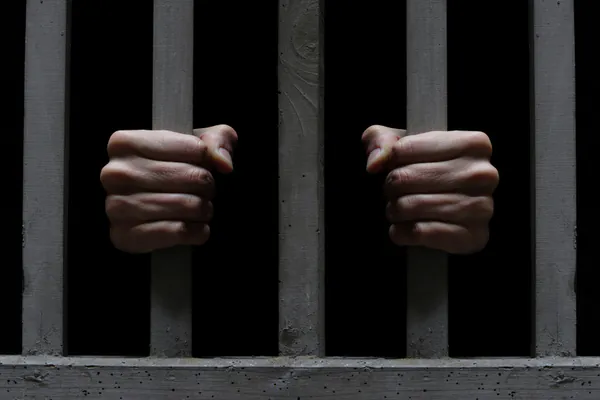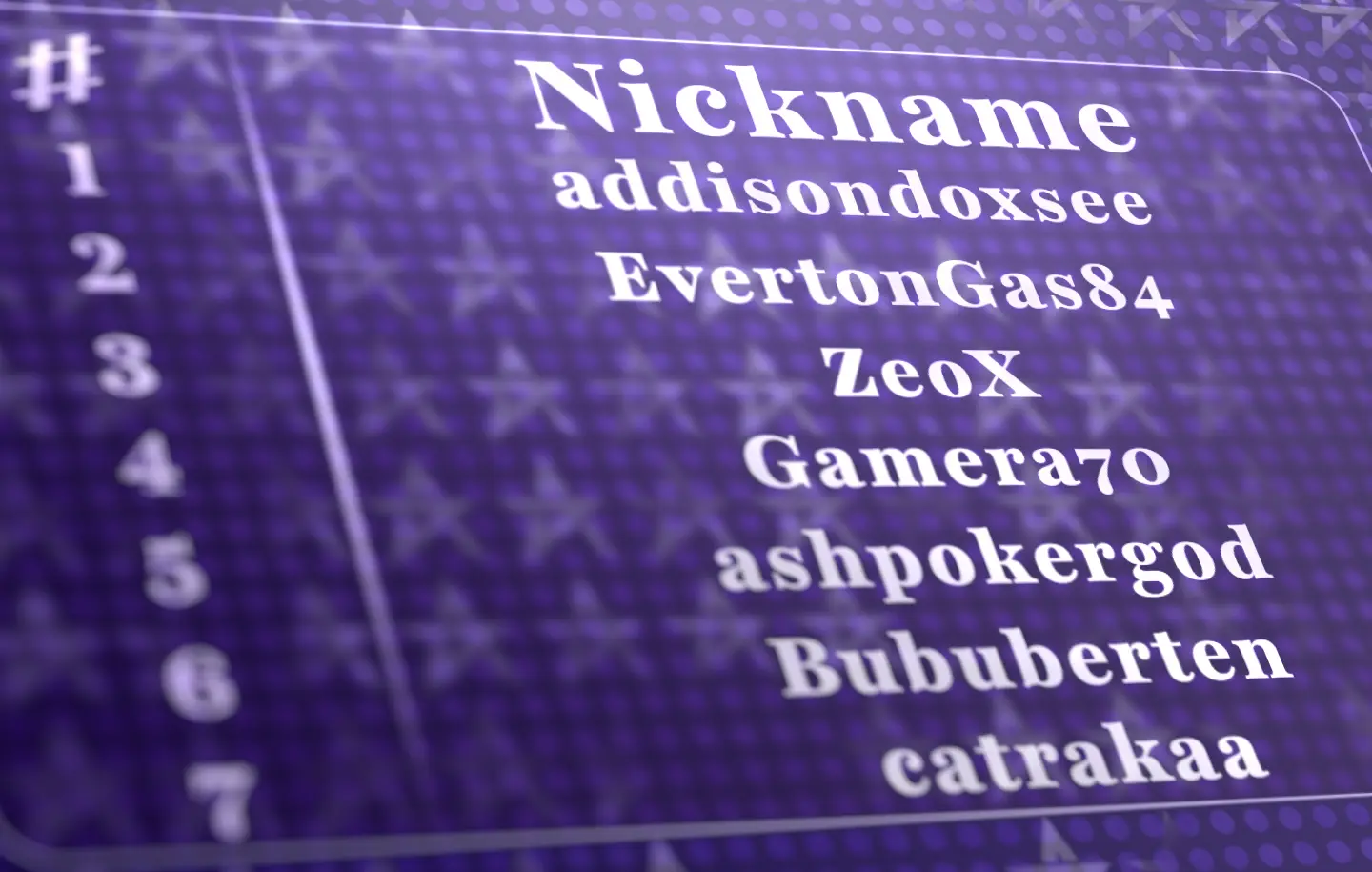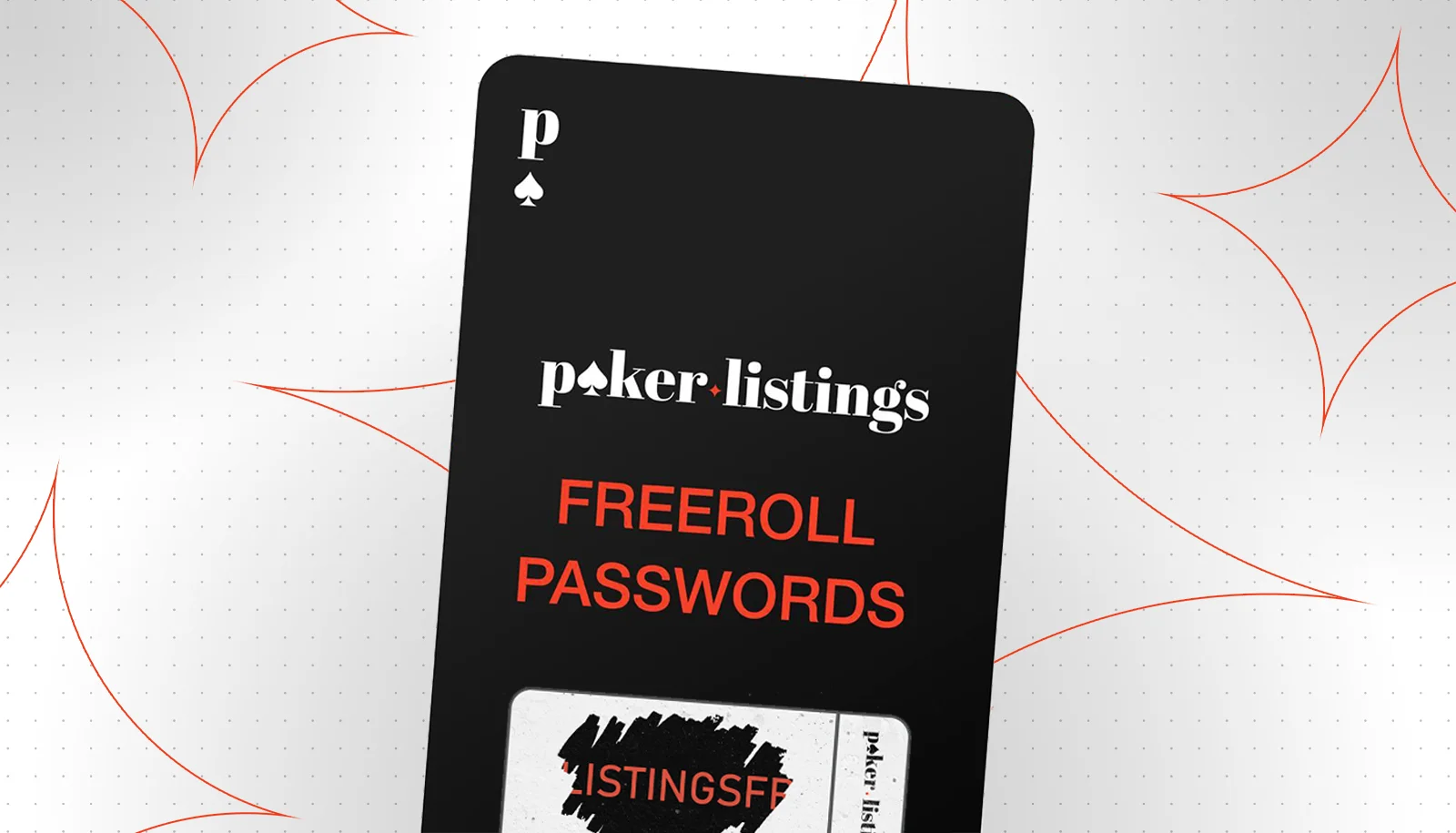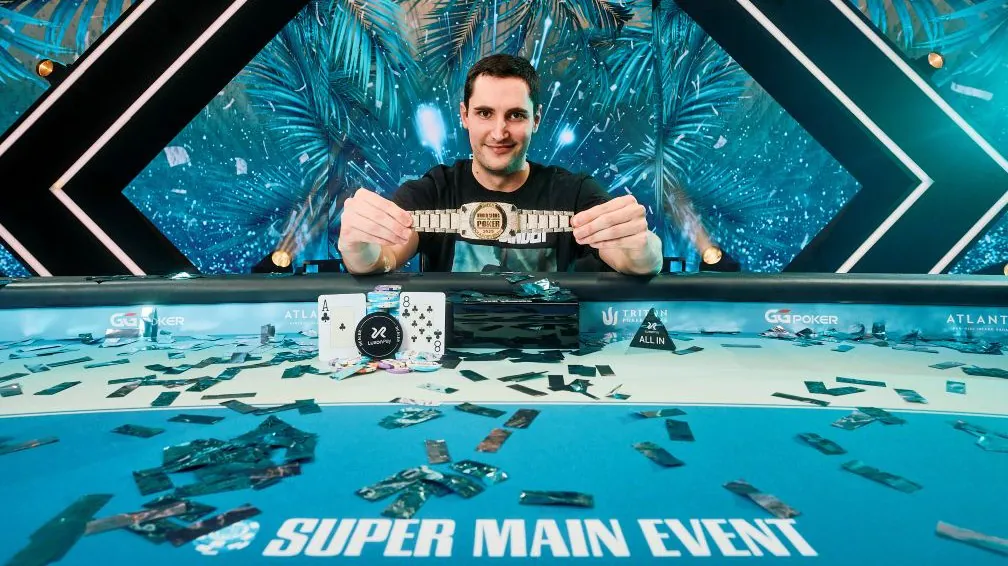This is the fourth article in a six-part series taking a look at the history of the poker boom. Stay tuned for Part 5 of the series on Tuesday, Feb. 19.
As we have examined in the first three parts of this series, online poker was a major catalyst for the growth of poker’s popularity around the world from 2002 onward. Several online gaming companies went public on the London Stock Exchange thanks to the boom, and their futures appeared bright.
In 2006, however, several developments in the United States would change that situation.
U.S. arrests foreign nationals
Online gaming has stood on shaky ground in the United States for several reasons. The U.S. Department of Justice has always held Internet gambling in any form is illegal, basing its opinion on the Wire Act, a law from the 1960s banning sports betting over state lines.
However, the DOJ opinion has never been tested and no federal law specifically addressing the legalities of online gambling has ever been passed. Adding to the confusion, even if an activity isn’t illegal under U.S. federal law, the Constitution grants individual states the right to make their own laws.
So while there is no federal law banning online poker, the state of Washington, for instance, has a law that makes playing online poker a Class C felony (the same legal category as crimes like rape, child molestation, and animal cruelty).
This patchwork legal system led to the arrests of several figures from online gambling companies in 2006.
In July 2006, the FBI detained British citizen and BetOnSports CEO David Carruthers in Dallas, Texas, as he was changing aircraft on the way to Costa Rica. The DOJ held Carruthers on 22 charges of conspiracy, racketeering and fraud.
Then in September 2006, federal agents apprehended British citizen and Sportingbet PLC chairman Peter Dicks at Kennedy International Airport in New York. The feds were acting on a warrant issued by the state of Louisiana, charging Dicks with violating state laws prohibiting operating an online casino, bookmaking or poker operation.
The DOJ claimed it was simply enforcing the law, but many were convinced that the U.S. government had begun a witch hunt.
Unlawful Internet Gambling Enforcement Act
Ever since the Internet became readily accessible to the average American in the mid-1990s, anti-gambling organizations in the United States have sought to have Congress ban online gambling.
Those groups enlisted a handful of congressmen, but they were never able to gather enough support to enact a ban. Then in 2006, the Unlawful Internet Gambling Enforcement Act was passed.
The UIGEA didn’t expressly outlaw any forms of Internet gambling. Instead it banned the transfer of money from U.S. financial institutions to online gambling sites.
Previous attempts to ban online gambling
Online gambling opponents had previously tried to influence legislation by supporting three men in Washington who were sympathetic to their cause: Rep. Jim Leach (D-Iowa), Rep. Robert Goodlatte (R-Va.) and Sen. Jon Kyl (R-Ariz.).
In 1997, Kyl introduced the Internet Gambling Prohibition Act (IGPA) before the Senate. Goodlatte soon followed suit by introducing similar legislation in the House of Representatives. Neither bill passed.
In 1999, Goodlatte sponsored a new version of the IGPA in the House that called for a ban on all Internet gambling, with exceptions for horse racing and jai-alai interests. (Interestingly, Goodlatte had accepted substantial campaign donations from the Virginia horse racing industry.)
The 1999 version of the IGPA never passed the House thanks to Rep. Tom DeLay (R-Texas). DeLay used a procedural move known as the “suspension calendar” to require that the bill meet a 2/3 majority for passage, a total it was unable to muster.
Revised versions of the IGPA never gathered enough support to pass the House either.
Playing by different rules
Playing by the normal rules of procedure in Washington hadn’t produced results for anti-gambling advocates, so they changed their strategy. In 2006 they found a powerful friend in Senate Majority Leader Bill Frist (R-Tenn.).
Working with Kyl, Frist attached the language now known as the UIGEA to the SAFE Port Act, a measure intended to strengthen port security against terrorist threats. The SAFE Port ACT had passed through the House by a vote of 421-2 and the Senate by a vote of 98-0, showing the final bill coming out of conference would pass easily.
The SAFE Port Act was the opening anti-gambling advocates had been looking for.
At midnight on the day Congress adjourned for the 2006 elections, without any debate, the Senate passed the SAFE Port Act with the UIGEA language included. The act banned financial transactions involving online gambling sites, with exemptions for fantasy sports, horse racing and state lotteries.
Exodus
The UIGEA and the arrests of foreign nationals created a chilling atmosphere for online gaming in America.
Online poker was particularly affected as the bulk of the industry’s profits at the time came from virtual card rooms. It wasn’t long before the “new rules” also had an effect on U.S. poker players.
Poker sites abandon the U.S. market
Passage of the UIGEA created a tough situation for a number of international, publicly traded companies that had profited from the online poker boom.
Despite their status as legal, regulated entities in other countries, companies based their net worth on their value as perceived by the stock market. Regardless of whether the U.S. law was justified, or even enforceable, violating it would be viewed in a negative light by stockholders.
PartyGaming, parent company of market leader PartyPoker, quickly issued a statement after passage of the UIGEA:
“After taking extensive legal advice, the Board of PartyGaming Plc. has concluded that the new legislation, if signed into law, will make it practically impossible to provide U.S. residents with access to its real-money poker and other real-money gaming sites.
“As a result of this development, the Board of PartyGaming has determined that if the President signs the Act into law, the Company will suspend all real-money gaming business with U.S. residents, and such suspension will continue indefinitely, subject to clarification of the interpretation and enforcement of US law and the impact on financial institutions of this and other related legislation.”
This announcement was followed by similar statements from 888 (owner of Pacific Poker), Sportingbet (owner of Paradise Poker) and Cryptologic (owner of the Cryptologic network of poker rooms). Privately-owned rooms such as PokerStars, Full Tilt Poker, and Bodog Poker, meanwhile, vowed to stay in the U.S. market.
Overnight, the majority of the online poker rooms had abandoned the U.S. market, despite the fact that America had been the source of the majority of their income.
Payment processors follow suit
Several smaller payment processors announced shortly after passage of the UIGEA that they would cease business with U.S. customers. While these companies impacted the options available to U.S. poker players, the future of online poker in America hinged on what Neteller would do.
Throughout the first wave of the poker boom, the payment processor of choice had been Neteller. However, Neteller was particularly vulnerable to the UIGEA because the law was directed toward payment processors.
On Oct. 19, 2006, six days after the UIGEA was signed into law, Neteller announced that it would cease accepting funds transfers from U.S. customers to gambling Web sites “within 270 days” – the same period given to the Treasury and the Federal Reserve Board to create regulations for enforcement.
The U.S. government forced Neteller’s hand in January 2007 when, it arrested the company’s Canadian founders, Stephen Lawrence and John David Lefebvre. Neither man currently worked for Neteller, but that didn’t stop Neteller from quickly announcing a full withdrawal from the U.S. market.
The company also turned over “not more than $55 million” in Neteller customer funds to the U.S. Attorney’s Office.
According to Neteller’s statement, these funds were “largely in the process of being transferred from the Group to its U.S. customers or vice versa.” The money would eventually be returned to Neteller’s customers.
Conclusion
The online poker boom created vast wealth for a number of companies around the world, based mostly on the strength of the game’s appeal to Americans. The tactics of a small group of American lawmakers, however, forced those companies to shift their business strategies if they wished to stay profitable.
In Part Five of this series we will look at how that shift affected online poker and the major tournament series it had fueled for the previous four years.
Related Articles:














